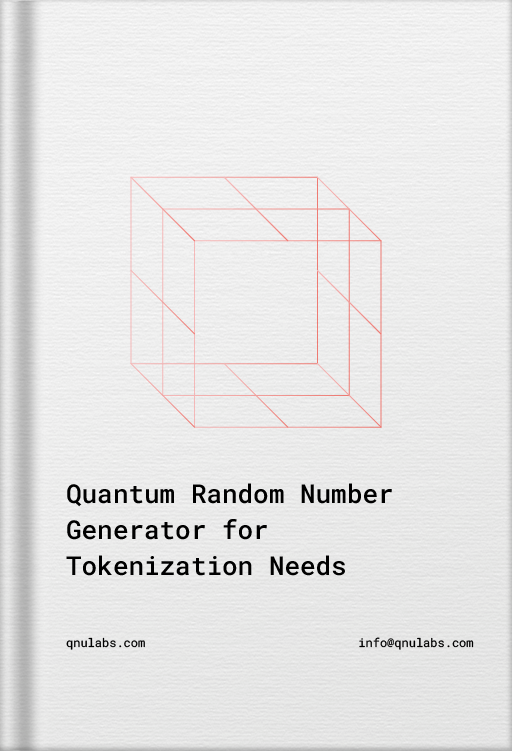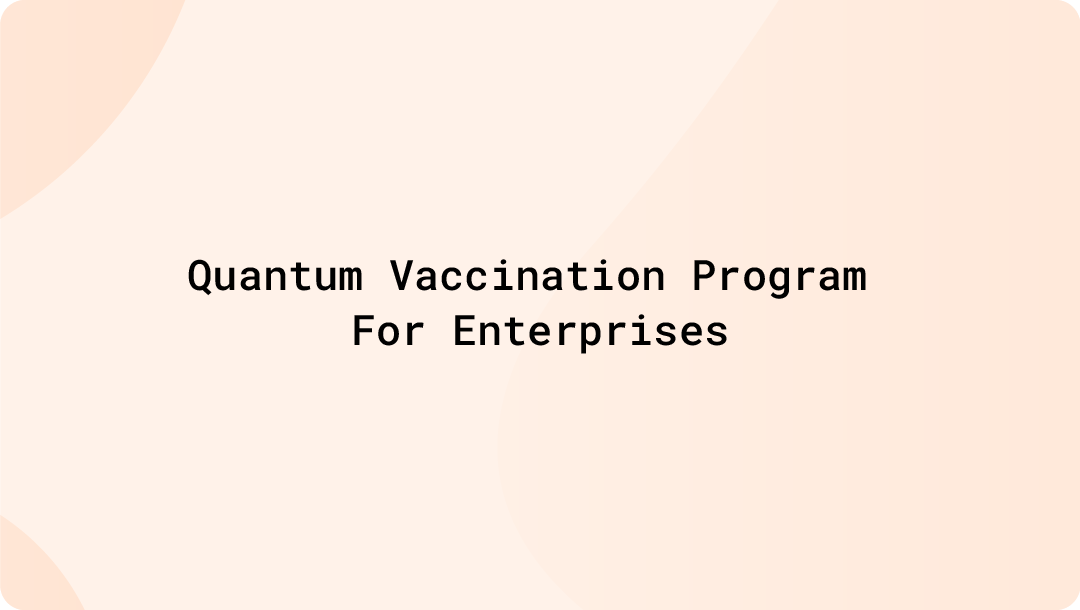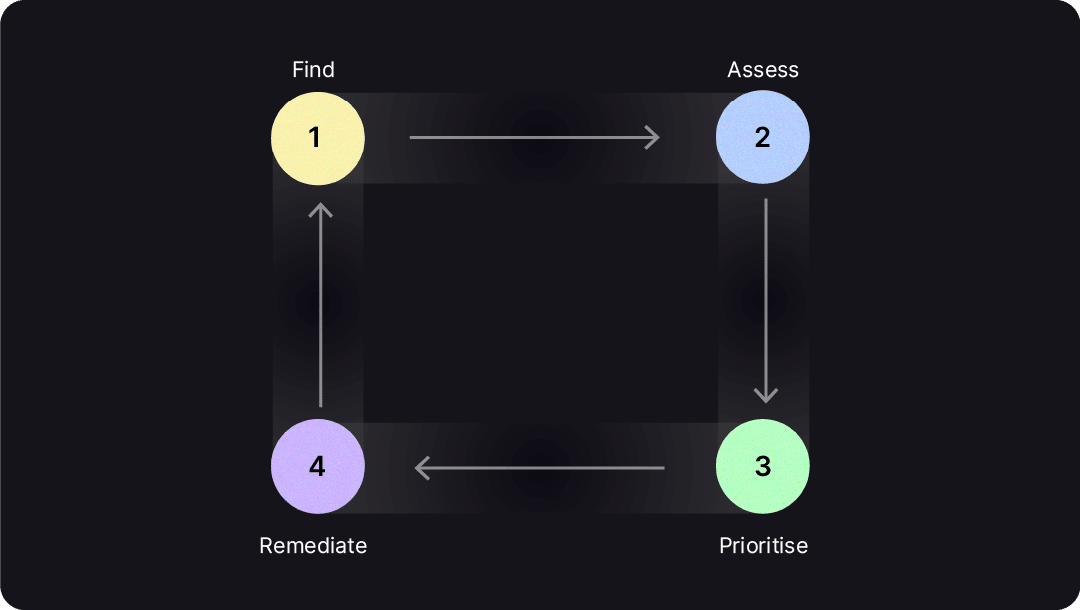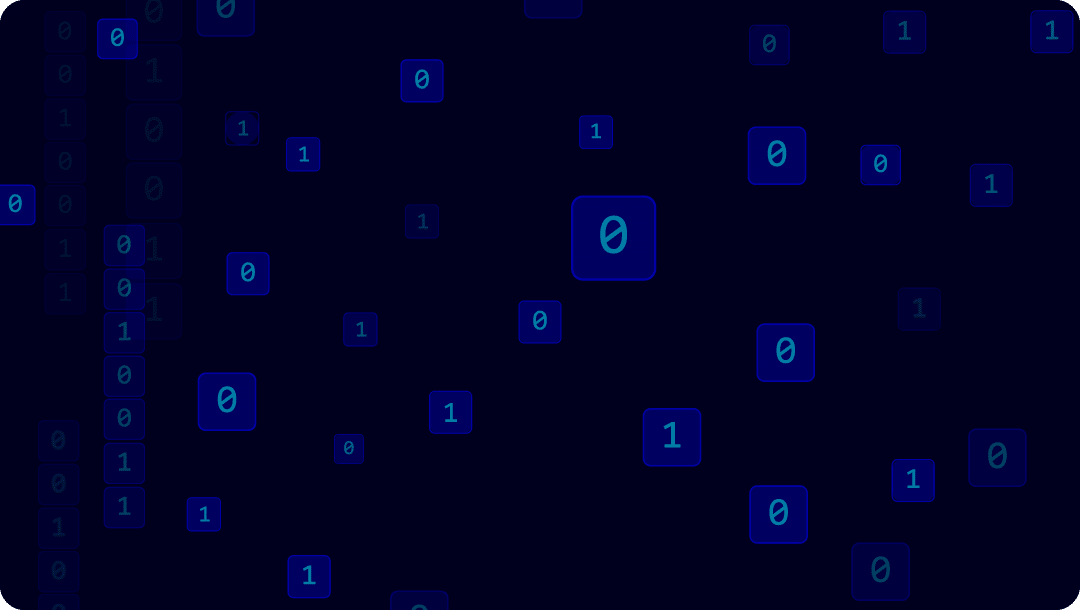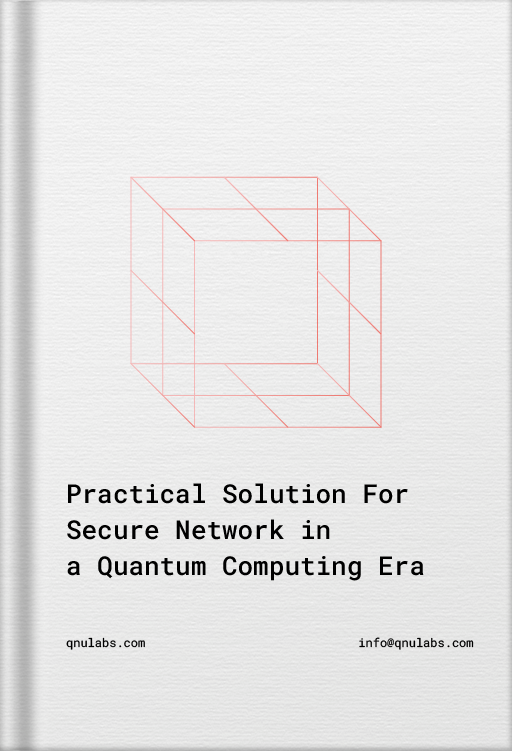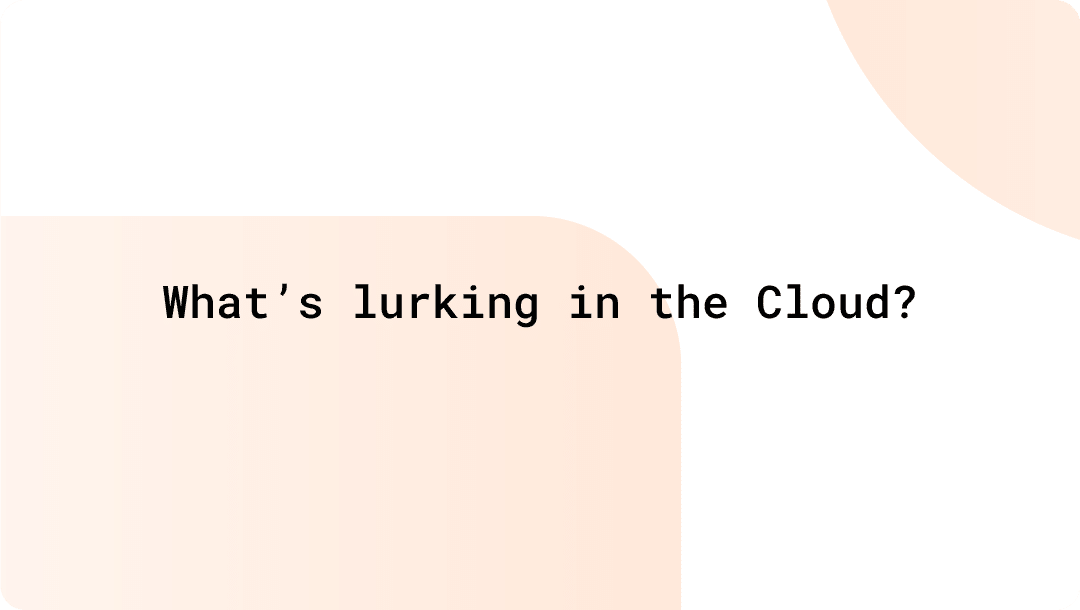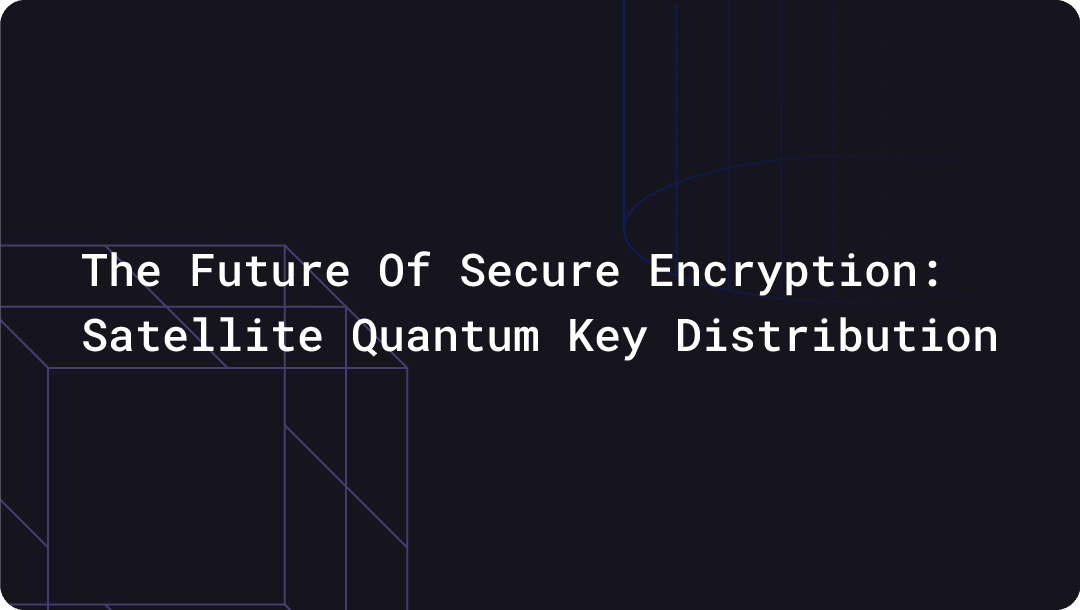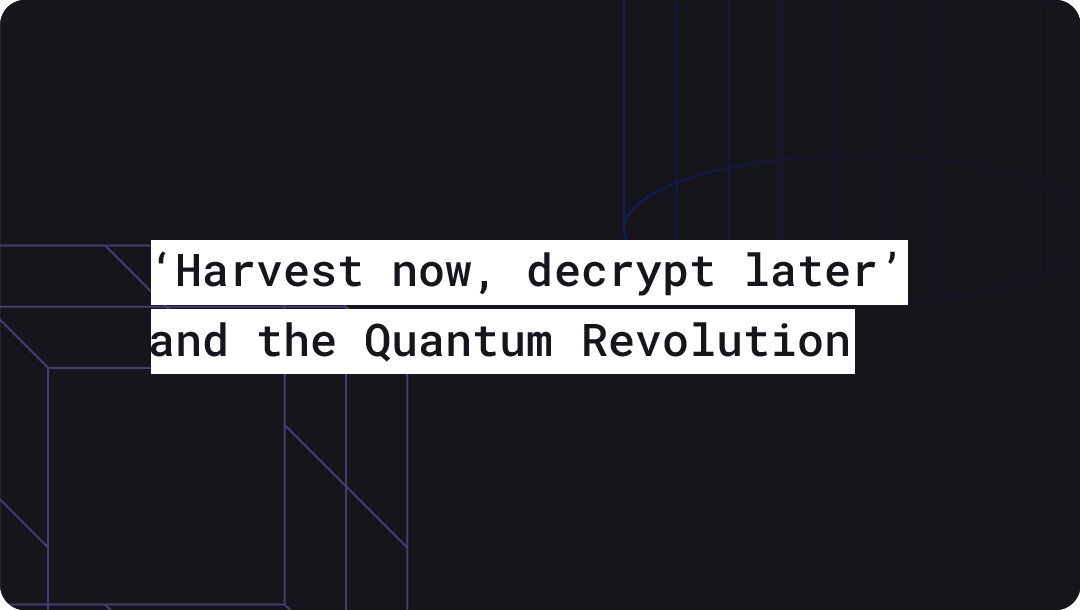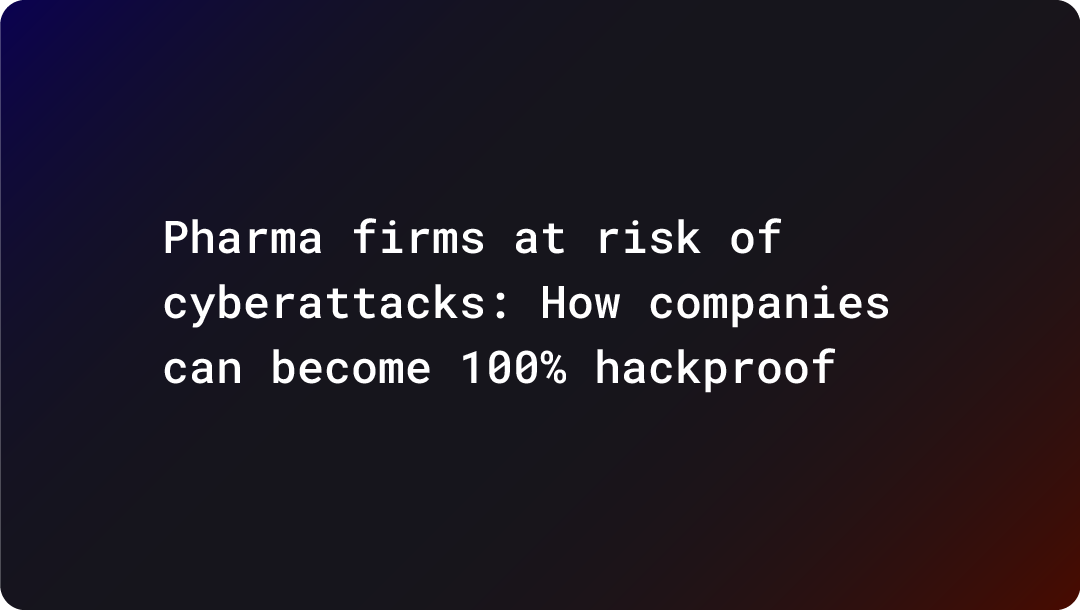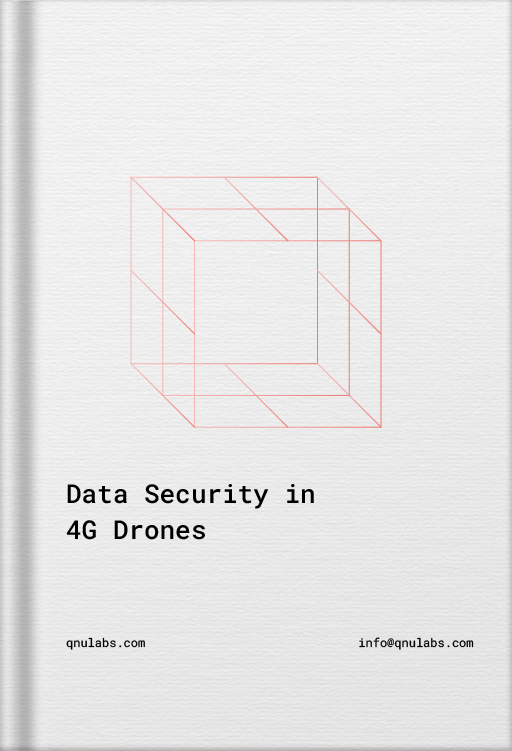
Data Security in 4G Drones
Understanding drone technology is not for everyone. A deep understanding of aerial dynamics, mechanics, manufacturing processes, and electronics is required to get started. If the system has to be upgraded to better automation capabilities, mastery over the communication protocols and software that is running on these systems is required.
Though mechanically dynamic, drone systems are isolated in their data transmission capabilities. Real-time data transmission happens only between the ground unit and the drone. UrbanMatrix Technologies (UMT) is working hard over the past years to solve the real-time data communication problems that make drone operations seamless and the technology a painless venture for industries to adopt in their workflows.
The whitepaper explains:
- The onset of 4G drones
- The communication complexity
- The need for security–GPS spoofing, downlink intercept, and hijacking
- QNu's solutions to help make the system more secure and many more.
